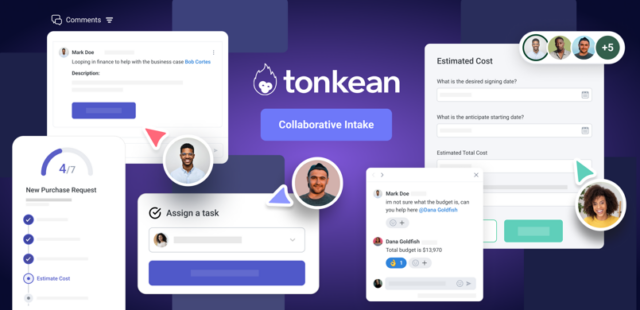The importance of procurement to the larger business is increasing dramatically, along with the function’s visibility.
“Never before has procurement been core to so many executive-committee-level priorities,” the CPO of a large manufactuing company told McKinsey in a recent industry survey. “We now have a real seat at the top table. And this is not a temporary situation—this is how we will operate going forward.”
Increasingly, procurement plays the myriad roles of strategic innovator, efficiency leader, sustainably champion, budget saviour, and porous membrane between the business and a potentially vast network of suppliers and vendors.
However, visibility is still a challenge for procurement leaders workign to maximise the strategic value of their function to the business.
Supplier ecosystems have traditionally been opaque environments, withv isibility issues arising almost immediately when looking outside the business’ own walls. Raw materials are hard to trace, third party contractors are anonymised and regularly replaced. Critically, suppliers don’t disclose their own suppliers and partners. All told, the general dearth of usable data can create issues including increased Scope 3 emissions and greater vulnerability to disruption.
Tracking, visualising, and managing your supplier network is a complex task that is becoming increasingly essential for procurement functions to achieve more strategic goals. As businesses increasingly prioritise supply chain resilience through strategies like supplier diversity and nearshoring, there is a growing demand for enhanced visibility and control over supplier networks.
A vendor management system should be an integral part of the solution to this puzzle.
What is a vendor management system?
A Vendor Management System (VMS) is a unified software platform designed to streamline and centralise data and operations pertaining to the interactions between procurement and the supplier ecosystem.
A VMS has multiple functions, potentially handling everything from supplier registration to managing performance and contract lifecycle management. Using analytics, a VMS can intake large amounts of data to perform ongoing relationship analysis, helping procurement teams stay abreast of their partners and the success, or failure, of their relationship.
What are the benefits of a data-driven vendor management system?
Implementing a data-driven VMS offers key advantages to procurement teams. Assuming the data used to make decisions is trustworthy, a VMS can provide a comprehensive impression of supplier performance. It can enable a deep understanding of one supplier’s capabilities and reliability compared to another. Most importantly, this heightened visibility facilitates accelerated sourcing and speeds onboarding cycles. This, in turn, reduces time-to-market, and enhances the business’ agility when responding to market demands.
By leveraging data gathered and analysed through the VMS, organisations can improve supplier quality over time. In addition to reduced spend, this will minimise disruptions and enhance operational efficiency. This proactive relationship management becomes feasible through data-driven insights, fostering stronger partnerships and facilitating collaboration with suppliers.
Compliance also benefits, mitigating the risks that stem from an obscure supplier value chain by ensuring adherence to regulatory requirements. Additionally, implementing a VMS helps to reduce instances of maverick buying and dark spending. Curtailing these threats positively impacts revenue and makes budgets more predictable. Most importantly, it also shrinks potential grey areas in the organisation where corruption and fraud may arise.
Ultimately, embracing an agile, data-rich VMS transforms procurement teams from reactive transaction management to strategic planning and innovation, empowering them to drive value and competitive advantage for the organisation.











